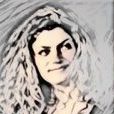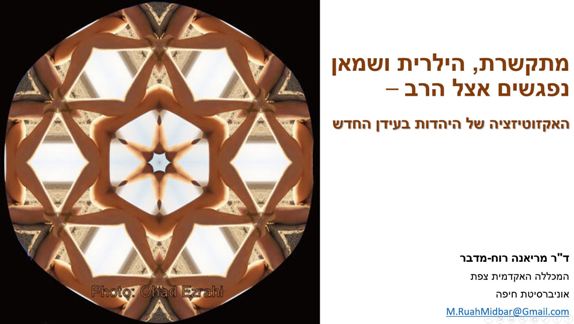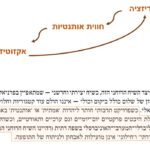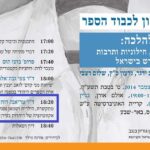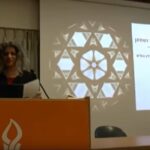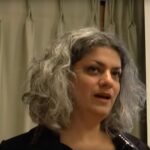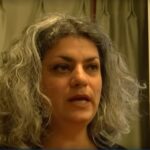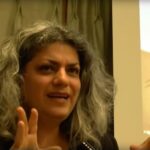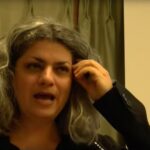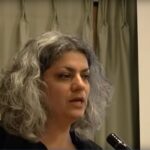This lecture (see 30-min. film and a presentation, in Hebrew) took place in a seminar celebrating the publication of an anthology of researches which included my article on the meeting place of Judaism and New Age in Israel, at Ben Gurion University.
The lecture focused on the characteristics of Israeli New Age Judaism, especially the exotization of Judaism within those circles.
On the anthology Beyond Halakha (Jewish Law) and my article that is included therein, see more here.
The full title of the lecture was: “A Channeler, a Healer, and a Shaman Meet at the Rabbi’s: The Exotization of Judaism in the New Age”.
The recorded lecture
Below is the recording video (about half an hour):
Abstract of the article which the lecture leaned upon:
The emerging alliances between New Age spirituality and Judaism take many forms: channeling with Dvorah the Old Testament prophetess, shofar healing, Jewish coaching, Ari-inspired (sixteenth century Jewish mystic) tantra, Hebrew shamanism, and so forth. This new trend is contributing to the renewal of roadmaps to Judaism in Israel.
The article surveys New Age’s encounter with Judaism, and analyzes its allure for Jewish Israelis, its potential impact on broader sections of the population, and the erosion of borders separating Jewish New Age from Israeli mainstream.
The article argues that, paradoxically, the more these phenomena are perceived as alternatives to conventional Judaism, the more they create an authentic emotional link to it. Only after New Age spirituality passes through the exoticization stage,are New Age Israelis able to connect to more traditional Judaism and find in it their natural, authentic, and welcome habitat.
Language
Hebrew
Academic/Non-academic
Academic item
Bibliographical citation
One is advised to refer to the relecant article, see links above.
